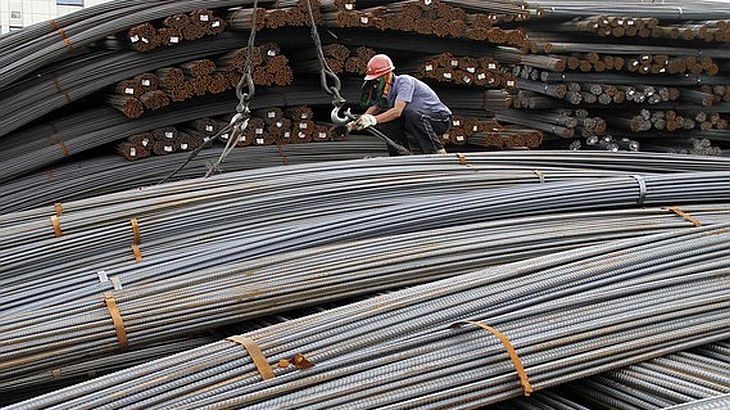Imports of steel products containing Russian raw materials will be banned in the EU from September 30, 2023, even if they are manufactured in a third country, EY specialists say.
The end of September comes with new sanctions imposed on imports of Russian goods into the European Union. More specifically, against finished steel products manufactured in other territories (e.g. Turkey, China) from raw materials of the steel category originating in Russia (e.g. primary form of iron or semi-finished products). The sanction covers almost the entire range of such steels.
Starting from September 30, 2023, the direct or indirect import or purchase of steel products, when they are processed in a third country and contain raw materials originating in Russia, will be prohibited. Again, the sanctions show us how important the product selection process is in this industry.
So, when importing into the EU, companies that place steel products on the EU market will have to prove to the customs authorities that the steel products do not contain raw materials originating in Russia. Customs authorities will most likely request evidence such as supplier declarations and complex non-preferential origin calculations. A useful tool in simplifying these formalities is obtaining mandatory information of origin (IOO) from the customs authority. Once obtained, such a document certified by the customs authority unequivocally shows the origin of the imported finished product and the raw materials used being valid for 3 years, saving the importer from unwanted discussions with the customs authority and delays in the supply chain.
The European Commission has also provided some exceptions to the above-mentioned restriction for special steels, which will also come under restrictions starting on April 1 and October 1, 2024, respectively.
Another important aspect is given by the EU stock situation of such steel products. Are these stocks subject to restrictions after September 30, 2023? At this moment, it is clear that their export outside the EU remains an option not subject to restriction, but trading the remaining stock on the EU market can raise serious problems of interpretation and it is recommended to confirm in advance with the competent authorities, as the possible sanctions for non-compliance can be extremely of large
In conclusion, it is recommended that importers of steel products require suppliers to provide clear proof of origin of the supplied products showing the origin of the steel used in production. Based on them, apply for the mandatory Origin Information from the customs authority to facilitate the import process.
